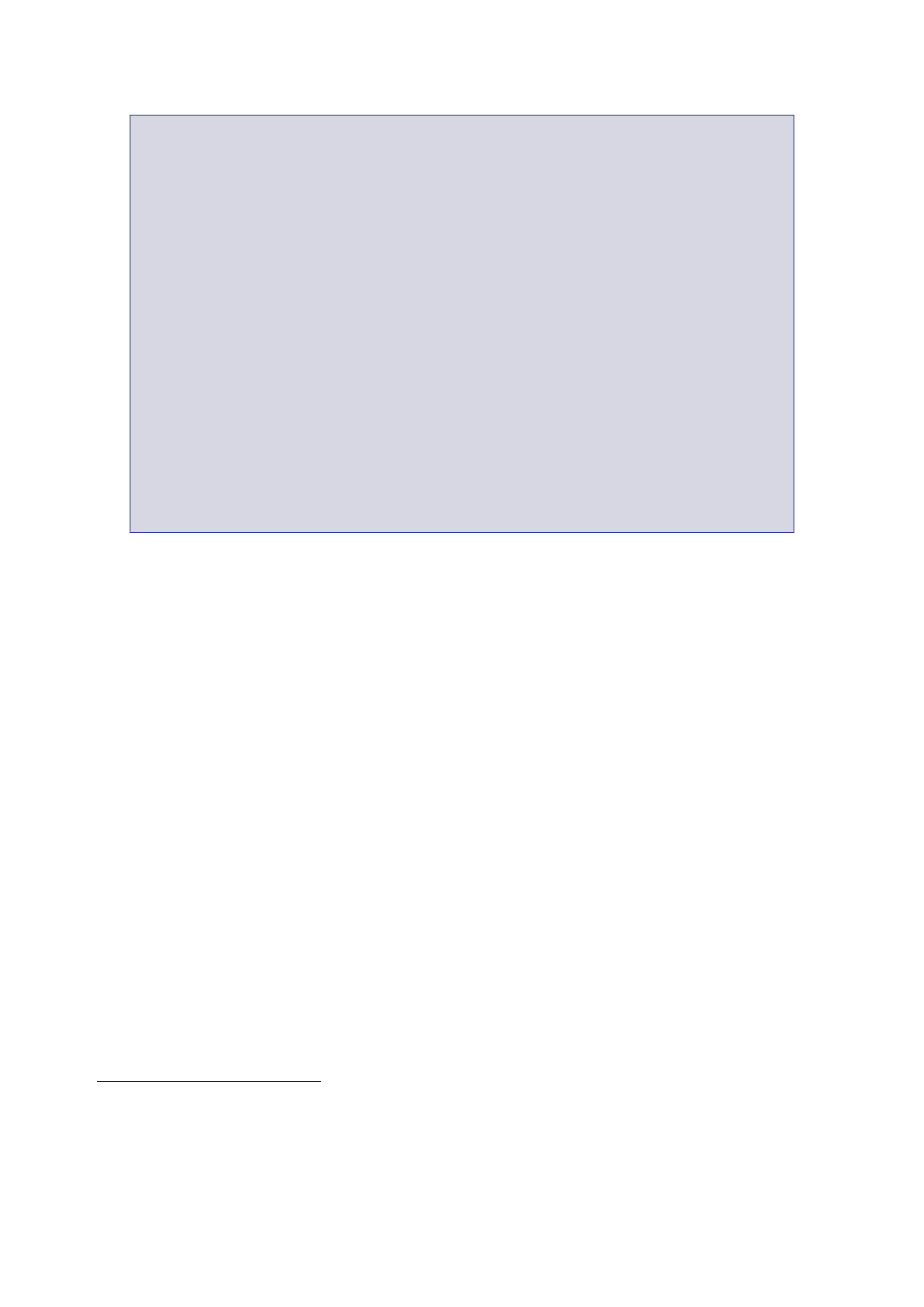
The Report
of the Iraq Inquiry
areas we
were probably surprised at how quickly the initial euphoria of
liberation
changed to
insurgency.”
The Aitken
Report recommended
that:
“We need to
ensure that lessons learned from the disciplinary and
administrative
processes
(police investigations, legal advice and trials) are better
collated as part
of the
Army’s formal Lessons Learned process, so that trends in criminal
behaviour
or
professional shortcomings can be quickly identified and remedied.
We need to
ensure that
a better understanding of the Army’s Core Values, and their
application,
is inculcated
into all ranks, and especially commanders …”
Announcing
the report’s publication in Parliament, Mr Browne said he was
“proud
to
acknowledge that the vast majority … who have served in Iraq have
conducted
themselves
to the highest standards of behaviour” and that he was “satisfied
that the Army
is doing
everything possible to ensure that its personnel do not repeat the
appalling acts
that were
perpetrated in these cases”.366
In May 2008
Mr Browne announced a Public Inquiry into the death of
Mr Baha Mousa.367
Its report
was published on 8 September 2011.368
761.
On 27 January,
Lt Gen Rollo reported “a very large explosion” in Mosul
the
previous
week, which killed 34 people and injured a further
135.369
When the
Provincial
Chief of
Police visited the site the next morning, he was killed by a
suicide bomber.
762.
As a
consequence, Prime Minister Maliki had announced the “final battle”
in the
struggle
against AQ-I, following this up with what Lt Gen Rollo judged to be
a “purposeful
performance”
at the MCNS, arguing for the reinforcement of Ninawa.
763.
Lt Gen Rollo
commented: “This is not a question of changing strategic
priorities –
reinforcements,
predominantly Iraqi, have already been despatched to Mosul as
part
of the
overall operation, with more on the way – but it is a reflection of
the political
requirement
to be seen to be responding to a part of the country in
need.”
764.
Gen Mohan and
Gen Jalil conducted a review of the Ashura disturbances
and
were
reported by Maj Gen Binns on 31 January to be “pleased with the
outcome of the
incidents
in so much as they demonstrated ISF capability and gave confidence
both to
ISF and the
people of Basra”.370
Maj Gen
Binns also reported: “Ominously, both generals
mentioned
their preparation for the ‘next battle’.”
765.
Towards the
end of January there was an increase in the volume and
sophistication
of IDF attacks on the COB in Basra. Maj Gen Binns assessed
that
these were
the work of Iranian-backed Secret Cells. Although many of the
individuals
366
House of
Commons, Official
Report, 25
January 2008, column 65WS.
367
House of
Commons, Official
Report, 14 May
2008, columns 60-61WS.
368
The Baha
Mousa Public Inquiry Report, 8
September 2011, HC 1452-I.
369
Minute
Rollo to CDS, 27 January 2008, ‘SBMR-I’s Weekly Report (285) 27 Jan
08’.
370
Minute
Binns to CJO, 31 January 2008, ‘GOC MND(SE) Weekly Letter – 31
January 2008’.
322
